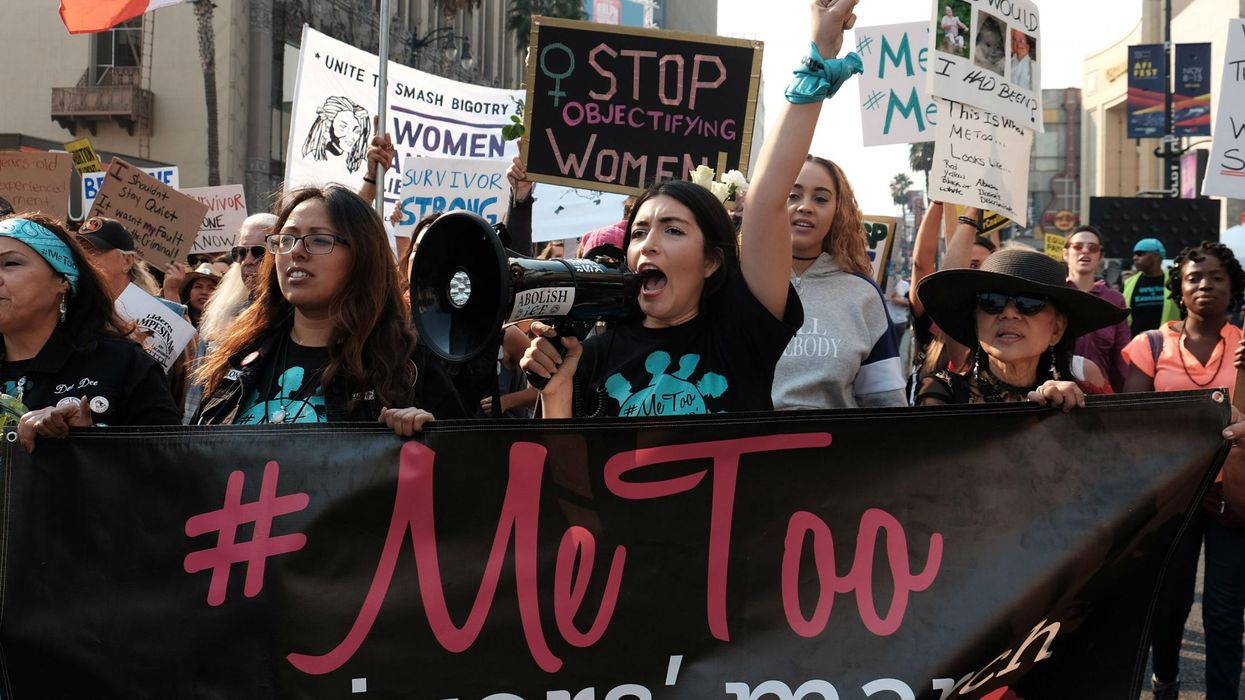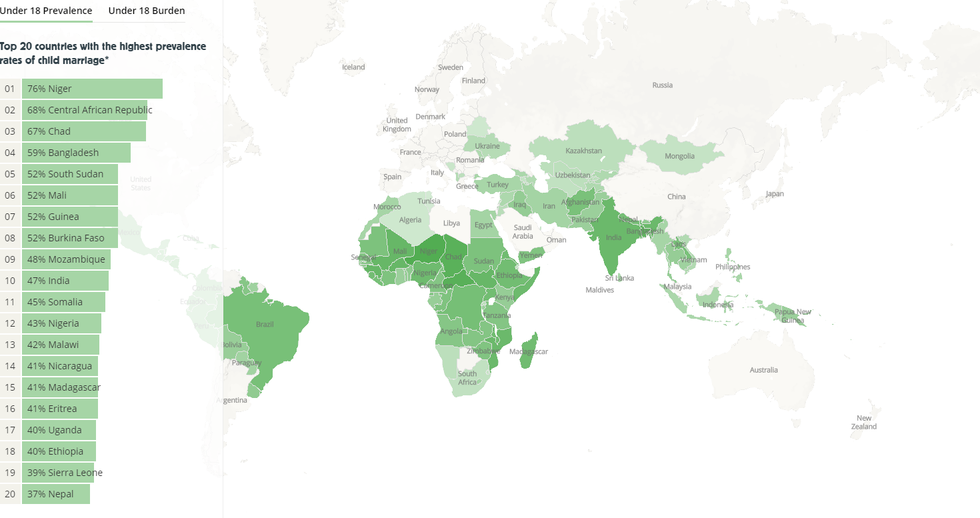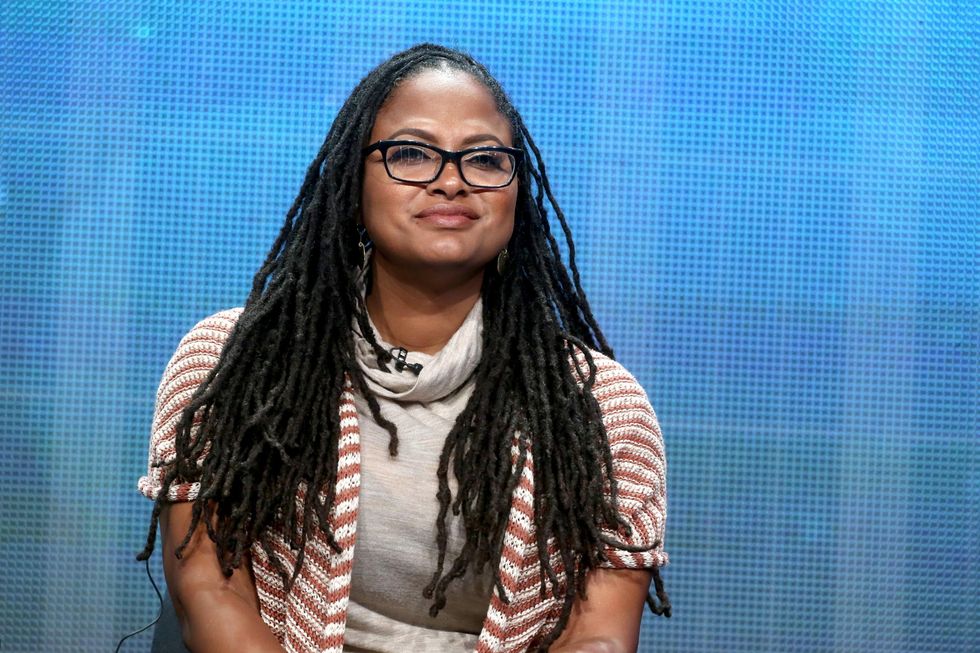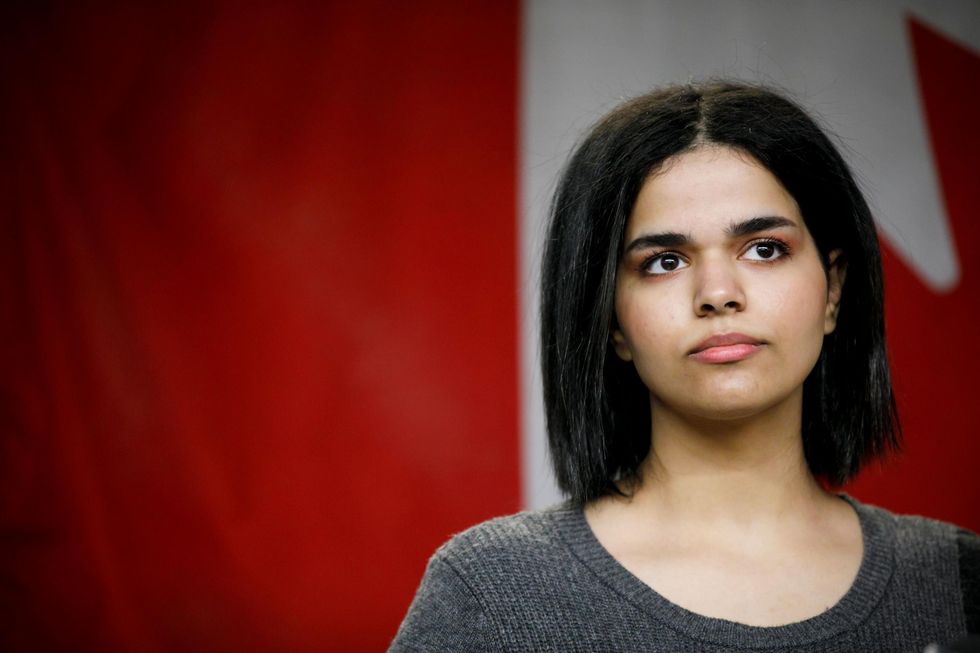News
Narjas Zatat
Mar 06, 2019

Picture:
Sarah Morris/Getty
International Women’s Day is coming up, and it’s a celebration of all that women have achieved – and a reminder of what the world still has to do.
For those who are wondering why it is essential that we have this day, here are a few reminders;
1. #MeToo
The #MeToo movement was created by Tarana Burke and gained momentum in 2017. The movement detailed widespread prevalence of sexual assault and harassment -in particular in the workplace - following sexual abuse allegations against Harvey Weinstein.
Actress Alyssa Milano shared her own experience with sexual harassment, renewing the movement and encouraging others on social media to follow suit.
It became an important, historical moment – but it’s not over. Women across the world are still using #MeToo to talk about sexual harassment and equality.
2. Lack of women receiving Hollywood awards
Of the top 100 most popular films of 2019, only four were directed by women, according to a University of Southern California study.
That's it.
There's Ava DuVernay for A Wrinkle In Time, Kay Cannon for Blockers, Abby Kohn for I Feel Pretty and Susanna Fogel with The Spy Who Dumped Me.
Nithya Raman, the director of Time's Up Entertainment told BBC that "the industry is a slow-moving one, a conservative one that resists change."
3. Gender pay gap
The gender pay gap exists. There’s no buts and no maybes. It’s there.
The gap refers to the difference between the median average hourly wage of men and women working in the same organisation.
In the most recent statistics published by the Trades Union Congress, there’s a 17.9 per cent difference in earnings between men and women.
That means women work “for free” for the first two months of the year.
4. Child brides
Child brides remains a huge global issue. According to charity Girls Not Brides, one in five girls – that’s 12 million - in the world are said to be married before the age of 18.
Over 650 million women alive today were married as children, with particular problems in Niger, Central African Republic, Chad and Bangladesh – where such things happen more often than anywhere else in the world.

5. Rahaf Mohammed
The Saudi teenager who was given asylum in Canada after fleeing her family, Rahaf Mohammed shocked the world with her daring escape from the country. The 18-year-old made headlines after she flew to Thailand and barricaded herself in a hotel room while pleading with people on Twitter to help her avoid deportation.
Her case outlines the many of women controlled by their families- especially the men in their families – and the fact that lots of these cases go unreported.
In a recent interview with the Toronto Star, she said women in her country are “treated like slaves.”
It's something that is worth the risk I took. I had nothing to lose.
We are treated as an object, like a slave. I wanted to tell people my story and about what happens to Saudi women.
6. There is an app that allows men to track women's movements in Saudi Arabia
Speaking of Saudi Arabia, Google just cleared an app that lets men track women.
The government app gives men the power to grant and to remove travel permission for women, as well as set up SMS alerts for when they use their passports.
Google refuses to remove the app.
7. Lack of women in positions of power
There are just 25 women CEOs in the Fortune 500 list.
This is despite the fact that women make up 58 per cent of the American work force.
"It concerns me in that we can actually count how many there are, as opposed to saying there are hundreds," PepsiCo CEO Indra Nooyi, who will step down in October, told Fortune.
8. Paid maternity leave still doesn’t exist in America
America remains the only high-income country, according to the World Bank, that doesn’t have paid maternity leave.
The United States offers 12 weeks of unpaid leave for mothers.

Top 100
The Conversation (0)















